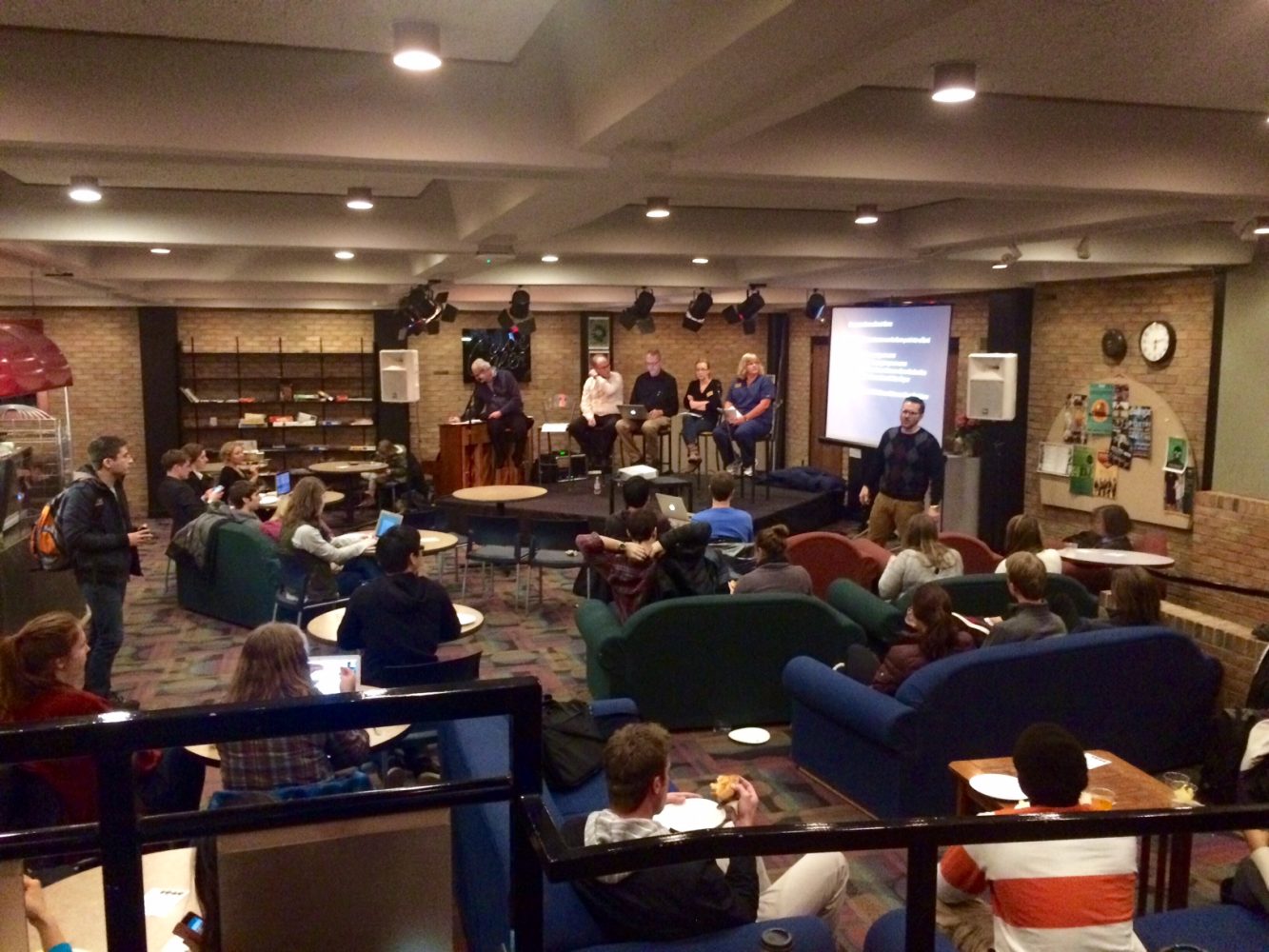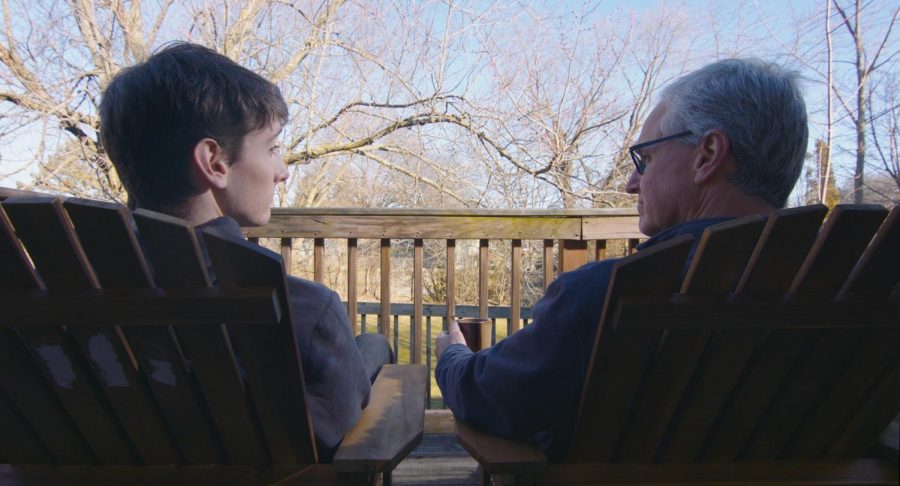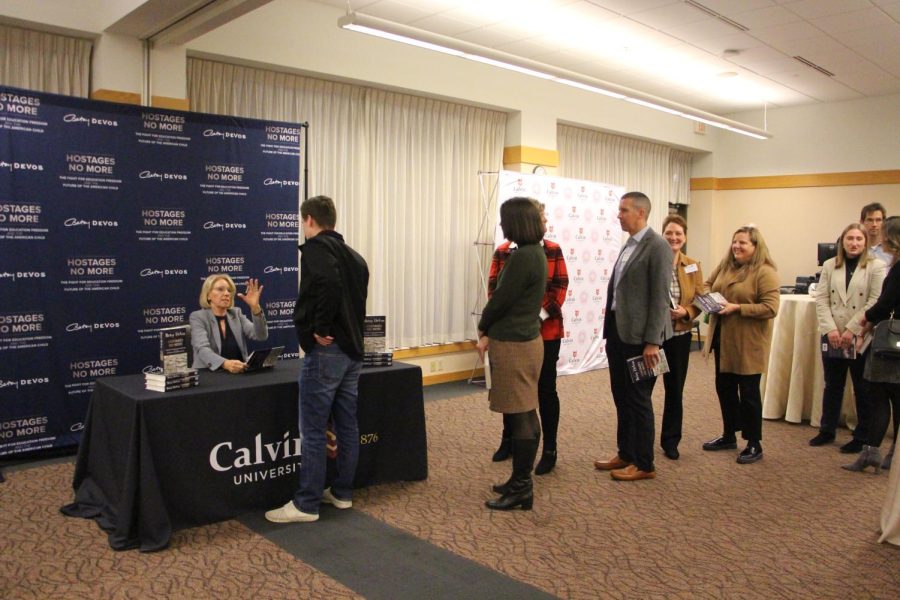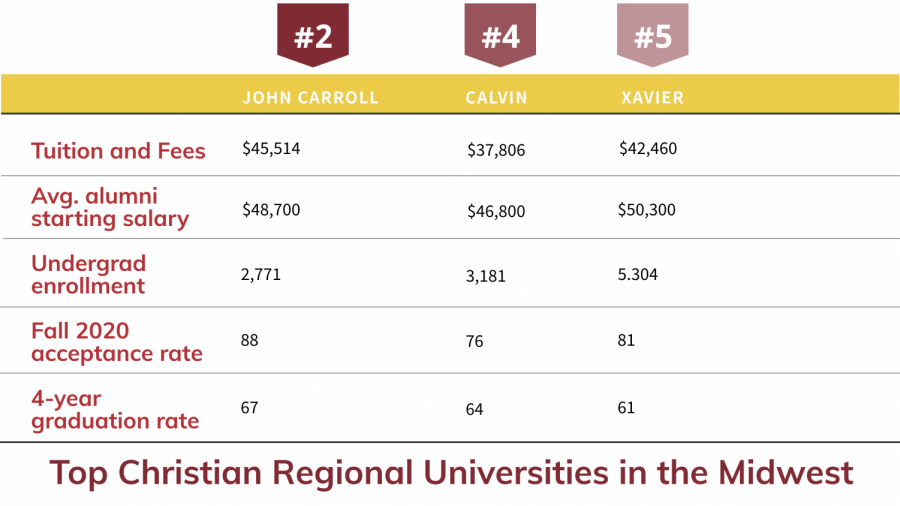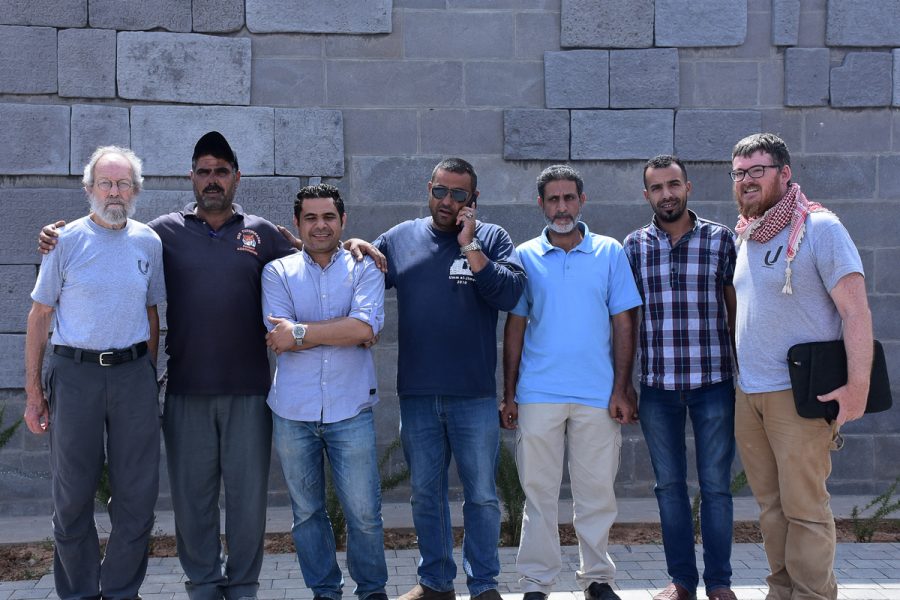This past Wednesday, student senate hosted a town hall for students to ask questions about potential changes to core. Around two dozen students showed up to listen to a presentation given by members of the core curriculum committee.
Bruce Berglund, history professor and chair of the core curriculum committee, facilitated the town hall alongside fellow core curriculum committee members Kristin DuMez, associate professor of history; Renae Boss Potts, associate professor of nursing; and Stan Haan, dean of natural sciences and mathematics.
Berglund highlighted several of the committee’s concerns about the current core. One often-cited concern is the core’s overall size. A comparison with peer institutions revealed that Calvin’s core is larger by individual class requirements — whether or not these requirements can fit into a major.
Other concerns included the inequality of the current core — exemptions and adjustments for certain programs mean Calvin students might complete nine different sets of core requirements, depending on their major. Many students also transfer core credits from community college or other higher learning institutions, causing the committee to question whether core requirements were really fulfilling their goals.
In an effort to engage students, Berglund asked the crowd what aspects of the current core have most contributed to their learning. One student from a public high school voiced an appreciation for the required religion classes, while other students appreciated being exposed to fields of study such as history or philosophy that were not directly connected to their fields of study.
Some students voiced concerns about meeting Calvin’s core requirements. Senior Wendy Tabler, for example, could not fit core classes into her schedule and had to pay for summer classes to complete her degree on time.
Junior Joey Budi wondered why there were not other opportunities to fill core class requirements. He is still required to take an arts core, he pointed out, though he has been playing an instrument for 10 years.
Student body president Jona Eigege challenged the requirement for international students to fulfill a cross-cultural engagement core. “This is our life every day,” he said.
These are familiar complaints to the core curriculum committee, and their proposal comes from several points of agreement. First, the committee believes that the core needs to be both streamlined and universalized to allow for fewer exemptions and variations.
Second, among other suggestions, they suggested a new category of core: electives that would give students more options to fill a specific requirement.
Other points included moving DCM to sophomore or junior year, placing some core objectives within majors, reducing world history requirement from 4 to 3 credits and limiting transfers, as well as requiring at least 20 hours of core classes to be taken at Calvin.
Overall, the town hall was a clear presentation of the current concerns with core and several options for meeting them. Students asked many questions and shared their likes and dislikes about the current core. With only two dozen students present, however, including many student senators, it is difficult to know how the broader student body feels about core revision.
The broader student population may not understand the significance. “If we have an idea of how core is useful,” said Benedicta Arthur, “maybe students won’t question why they have to take it.”
Contributions by Maddie Hughey.




